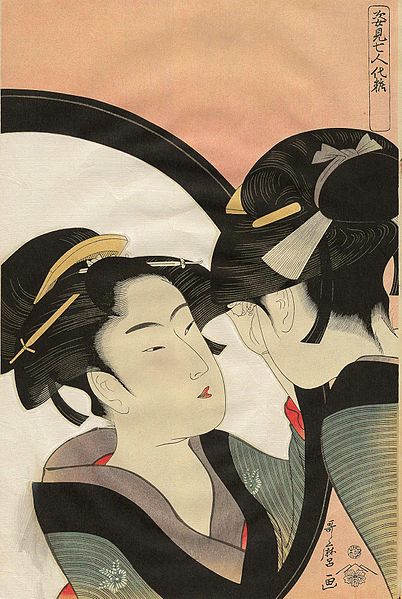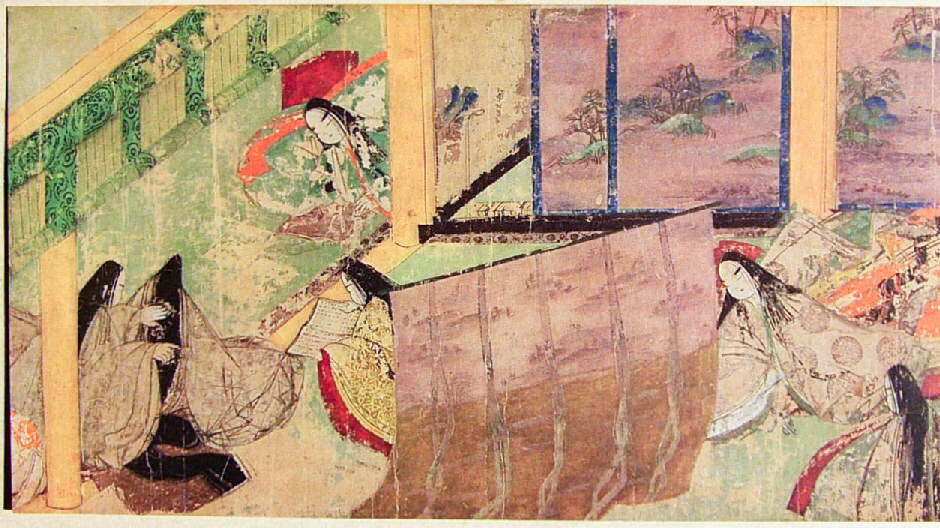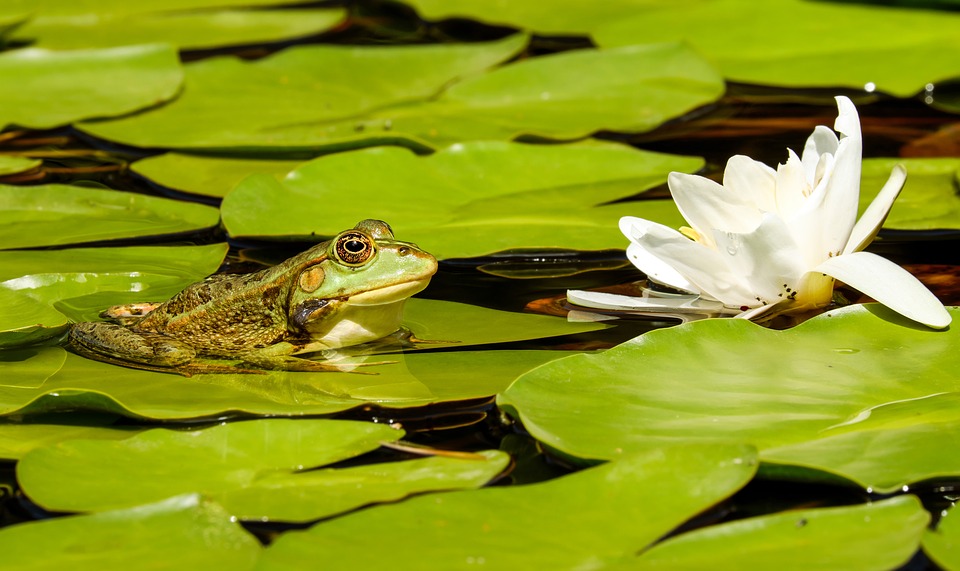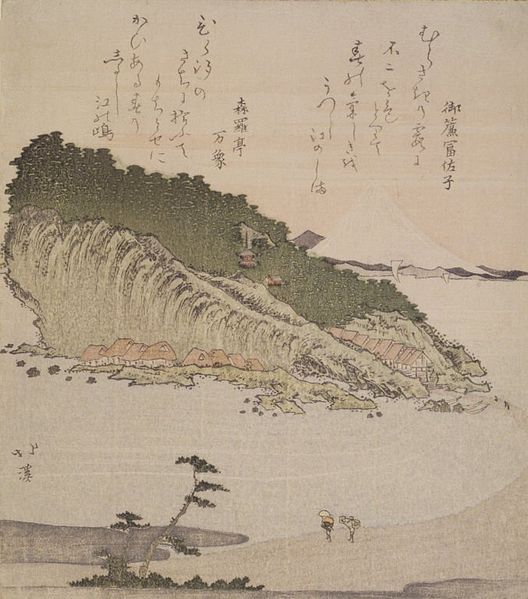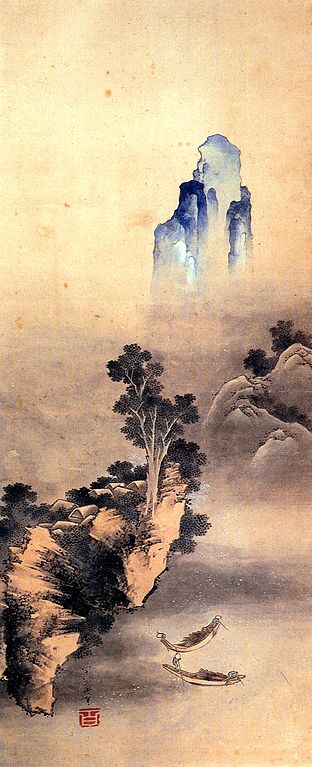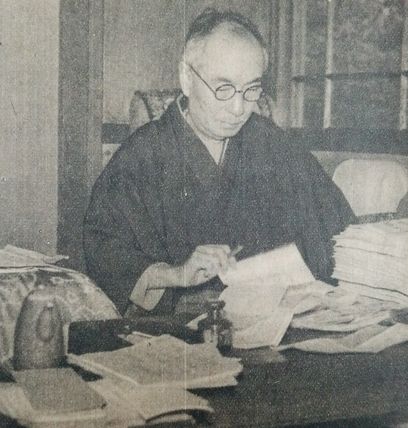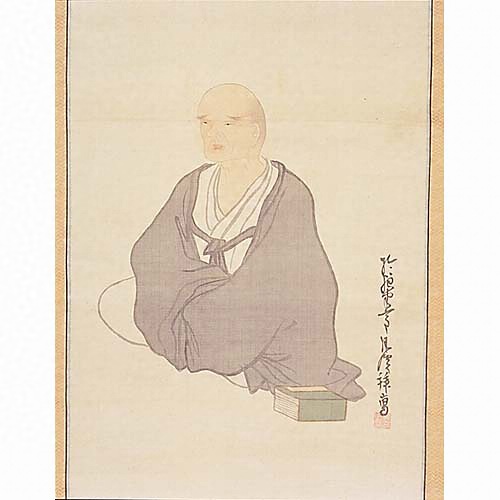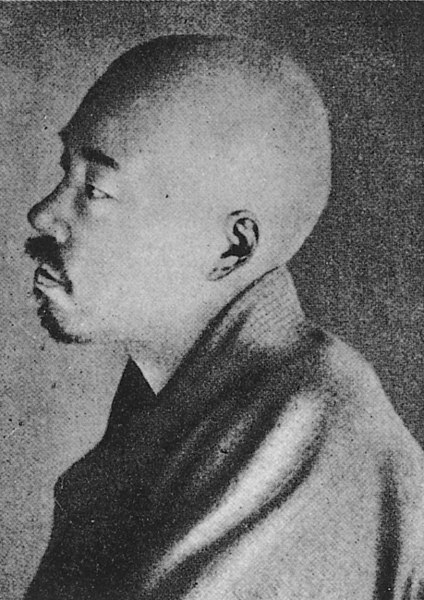Yosa Buson’s haiku poems <img width=”500″ height=”500″ src=”https://www.masterpiece-of-japanese-culture.com/wp-content/uploads/2017/05/Yosa_Buson.jpg” alt=”” srcset=”https://i1.wp.com/www.masterpiece-of-japanese-culture.com/wp-content/uploads/2017/05/Yosa_Buson.jpg?w=500&ssl=1 500w, https://i1.wp.com/www.masterpiece-of-japanese-culture.com/wp-content/uploads/2017/05/Yosa_Buson.jpg?resize=150%2C150&ssl=1 150w, https://i1.wp.com/www.masterpiece-of-japanese-culture.com/wp-content/uploads/2017/05/Yosa_Buson.jpg?resize=300%2C300&ssl=1 300w, https://i1.wp.com/www.masterpiece-of-japanese-culture.com/wp-content/uploads/2017/05/Yosa_Buson.jpg?resize=250%2C250&ssl=1 250w, https://i1.wp.com/www.masterpiece-of-japanese-culture.com/wp-content/uploads/2017/05/Yosa_Buson.jpg?resize=174%2C174&ssl=1 174w” sizes=”(max-width: 500px) 100vw, 500px” /> Yosa Buson (1716-1784) was a haiku poet in the Edo era and also active as a painter. Therefore, his haiku has a feature that highlights a visual image clearly. Buson honored

